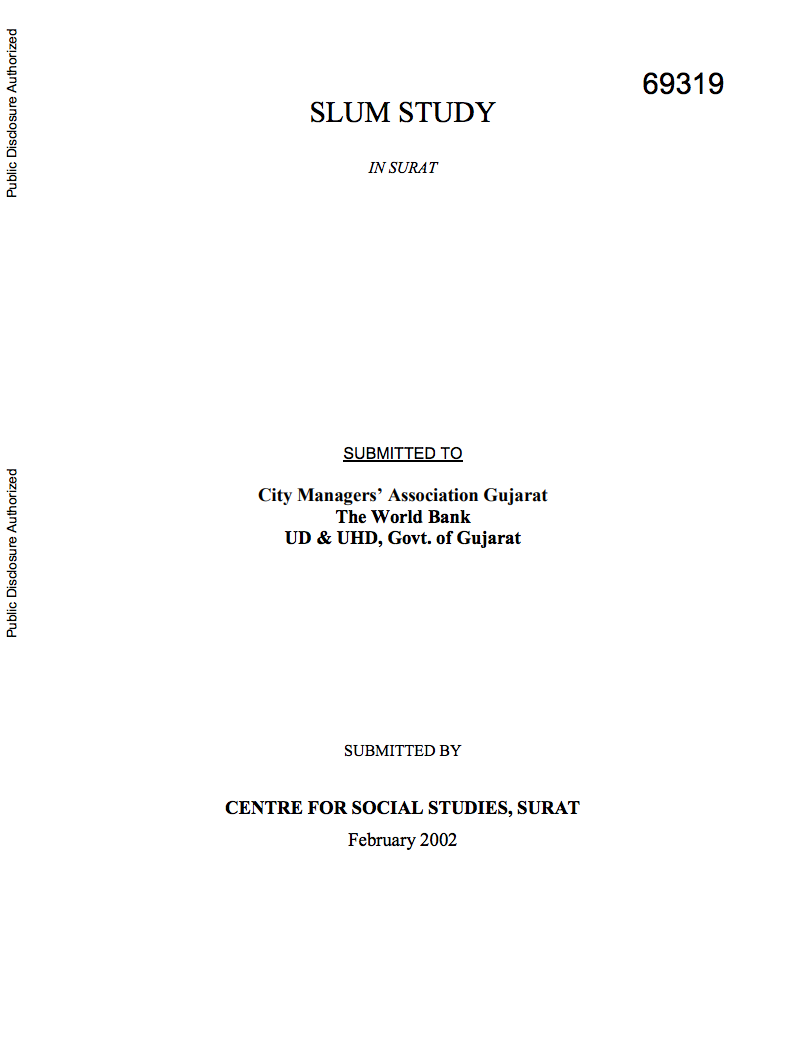Private Solutions for Infrastructure in Lesotho : A Country Framework Report
The report looks at Lesotho, a
predominantly mountainous, land-locked, poor country with a
small population, limited natural resources, and a very
fragile ecology. It has low gross national income, and a
significant poverty level. To ameliorate this condition, the
government has embarked on a pro-poor, growth strategy that
includes public, and private investment in infrastructure.
It explores the level of private participation at this phase


